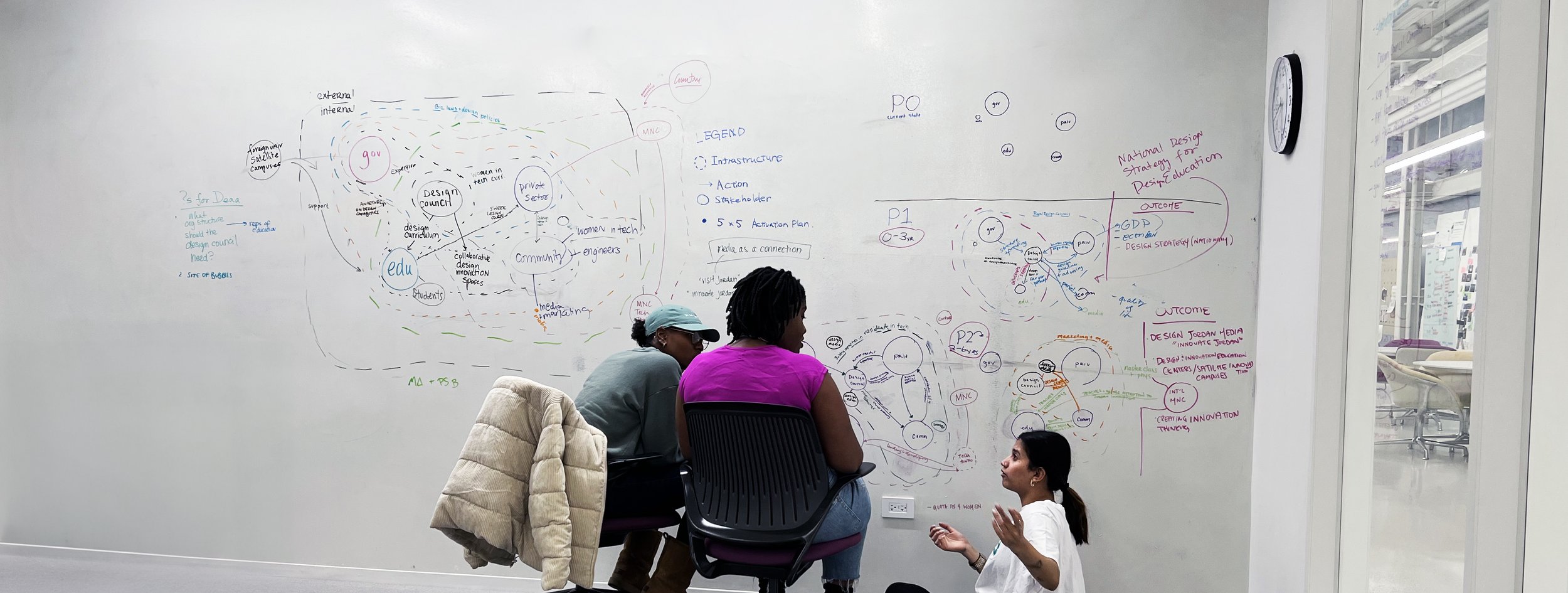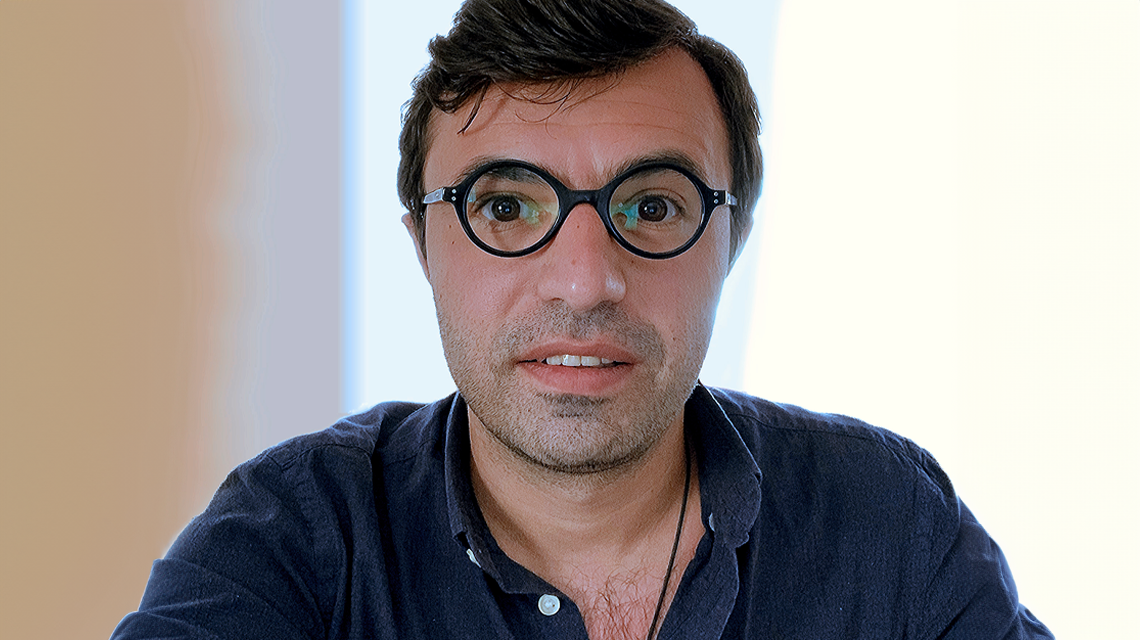
About
In the last decade, organizations have experienced a paradigm shift, driven by the rapid integration and recombination of products and services. This evolution has ushered in new opportunities for creating unique offerings and user experiences, challenging organizations to continuously innovate and reinvent. The emergence of open innovation dynamics, characterized by collaborative co-creation and co-production, is now pivotal in developing user-centered, well-integrated solutions. However, many organizations grapple with adapting to this new era, often lacking the necessary know-how for effective ideation and integration. This has led to a critical need for developing skills in agile, malleable design strategies that can navigate the complexities of today’s innovation landscape, moving beyond traditional methods to embrace continuous, user-focused, and collaborative innovation processes.
Core Principles of Effective Open Innovation Dynamics
Principle 1:
Multiply your innovation capacity by making your process open and collaborative:
Leverage open, collaborative engagement models to enhance innovation capacity. Focus on integrating diverse resources effectively as knowledge brokers, creating valuable new offerings from product and service integration.
Principle 2:
Accelerate ideation through collaborative agile practices:
Combine strategic thinking with collaborative, agile prototyping to balance supply and demand in innovation. Agile practices accelerate ideation, enabling rapid response to incremental market changes and fostering effective knowledge brokering.
Principle 3:
Make your engagement model effective by deploying strategies that are malleable and customizable:
Adopt flexible, adaptable strategies, tailored to unique collaboration dynamics within diverse value webs. Emphasize the need for strategies that can adjust to specific collaboration scenarios, maximizing productivity and innovation effectiveness.
Principle 4:
Avoid obsolescence by continuously developing innovation:
Embrace the opportunity for perpetual re-imagining of alliances and offerings within malleable networks. Foster innovation as a continuous process to stay relevant and avoid the rapid obsolescence of products and services.
Guidance
-
Lead Instructor
Teixeira is the Charles L. Owen Professor in Design at IIT Institute of Design (ID), where he teaches graduate courses and advises doctoral students on the strategic use of design capabilities in complex spaces of innovation. He is also faculty director of the Action Lab and the PhD program Coordinator.
- Linkedin Profile -
-
Deaa is a design expert, who blends academia with practical design consultancy. He co-founded the design program of Jordan University of Science and Technology. His expertise spans strategic choice-making in the energy, mobility, health, and food sectors. Engaging as an advisor contributed to design consultations and tech startups. His body of work focuses on studying the transformation of public infrastructures into private platforms and vice versa, focusing on sustainable, equitable, and intelligent design outcomes like EV charging and cashless payments.
- LinkedIn Profile -

